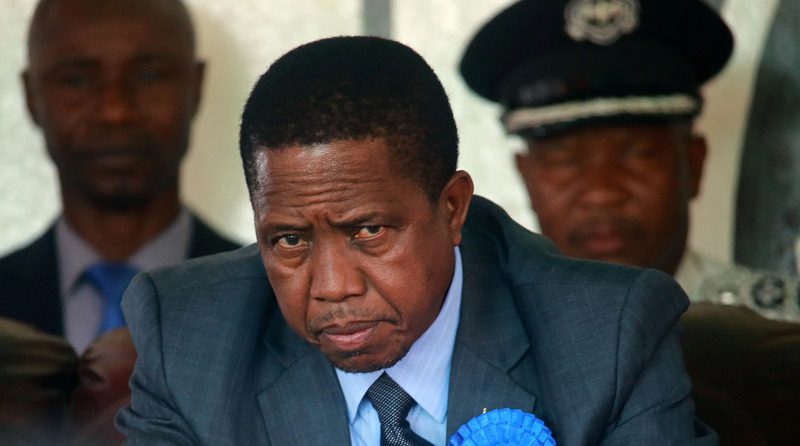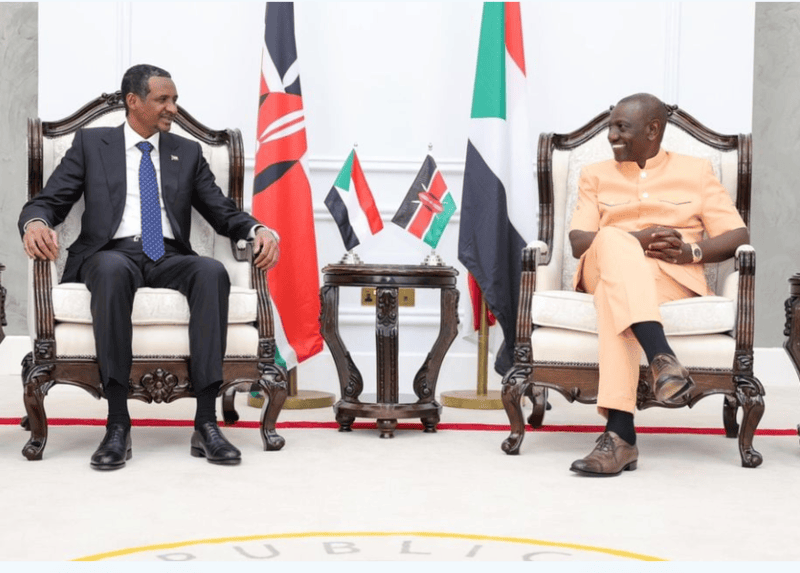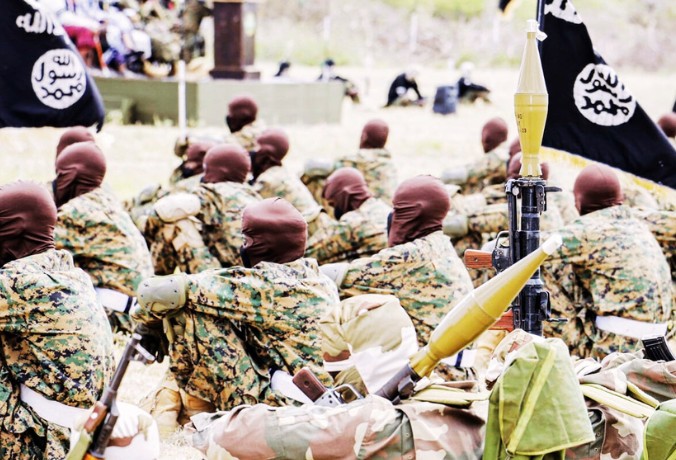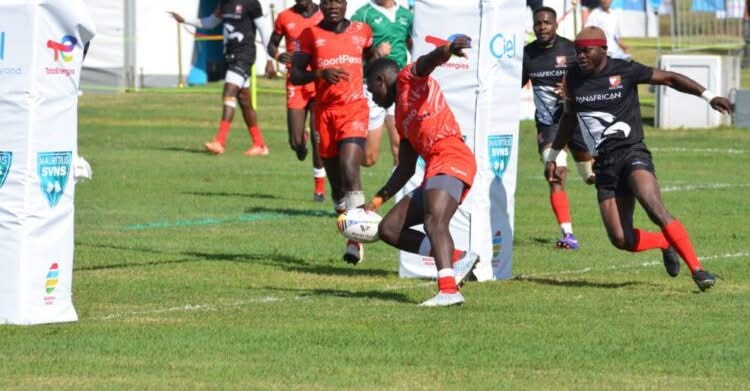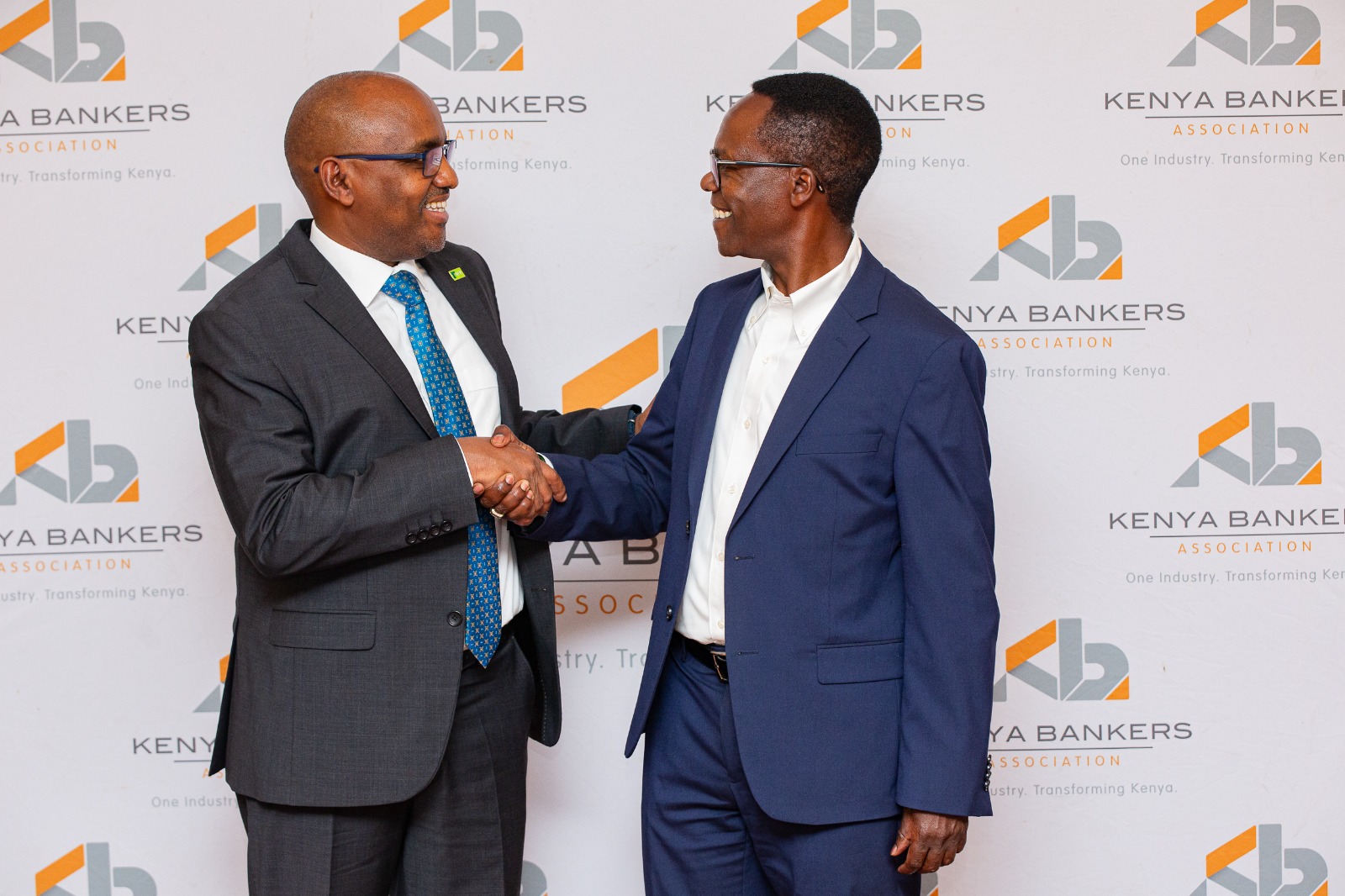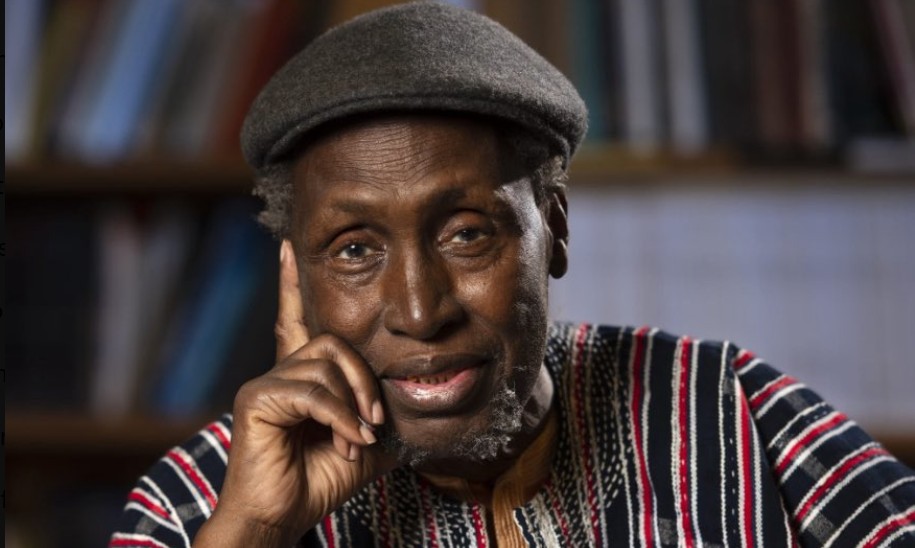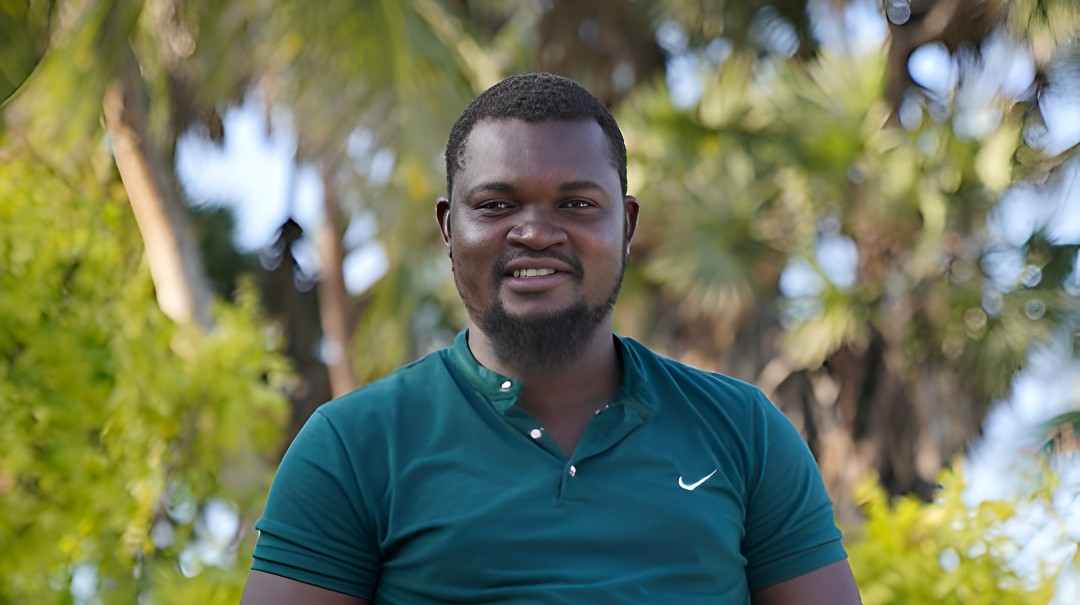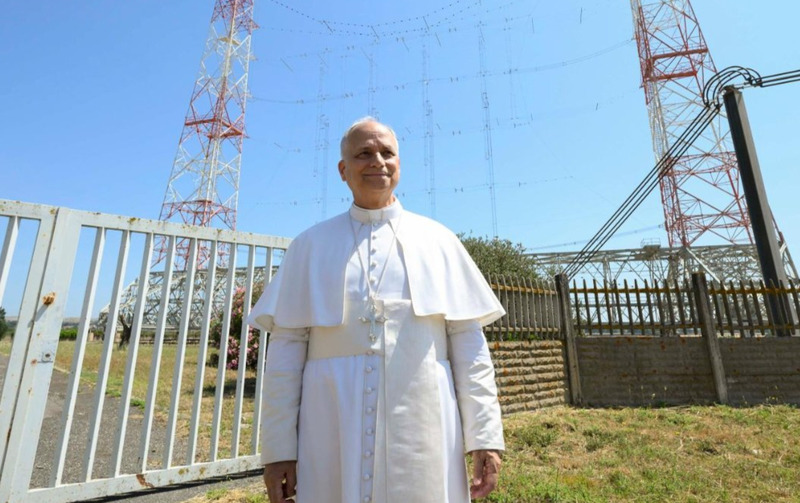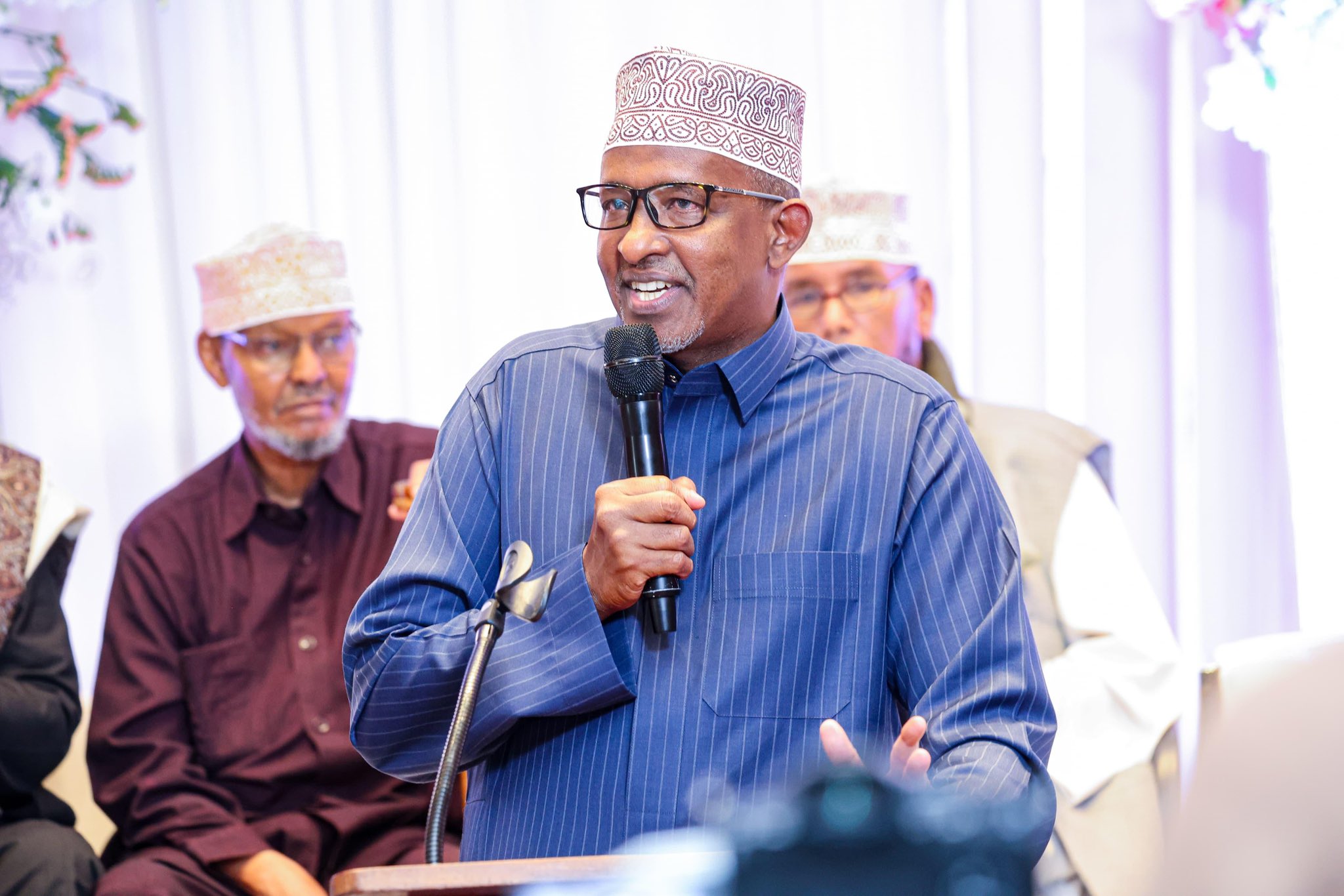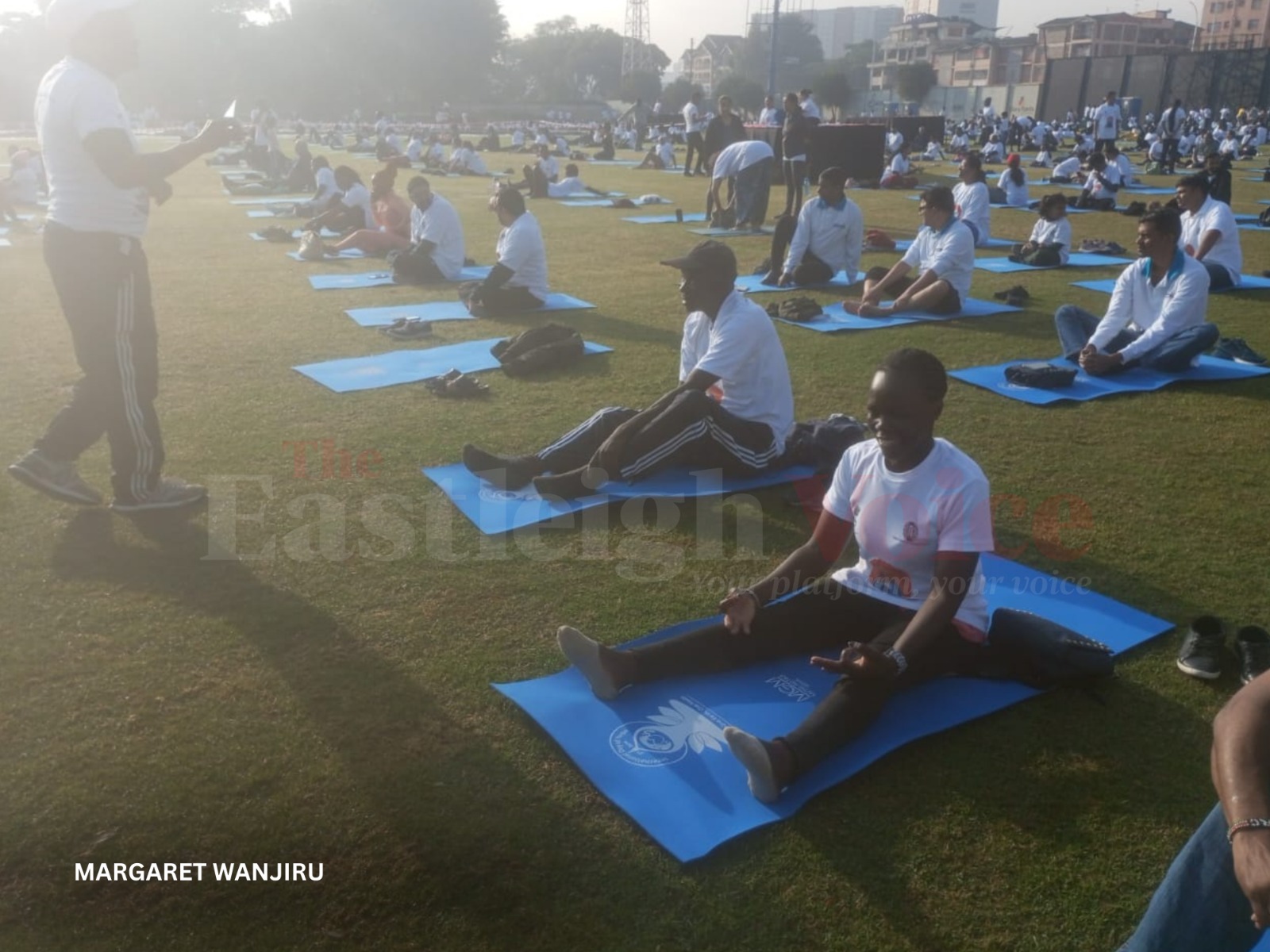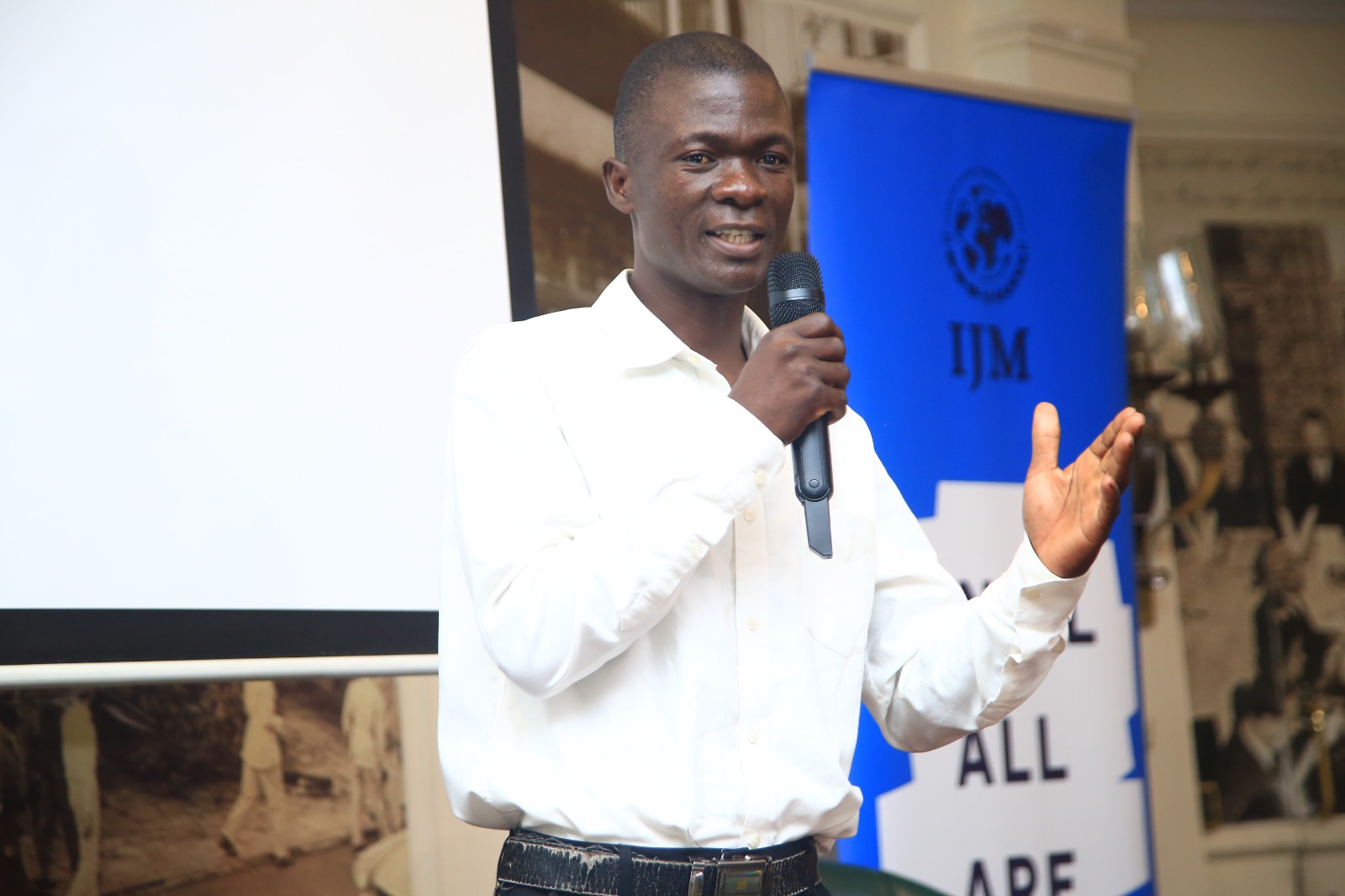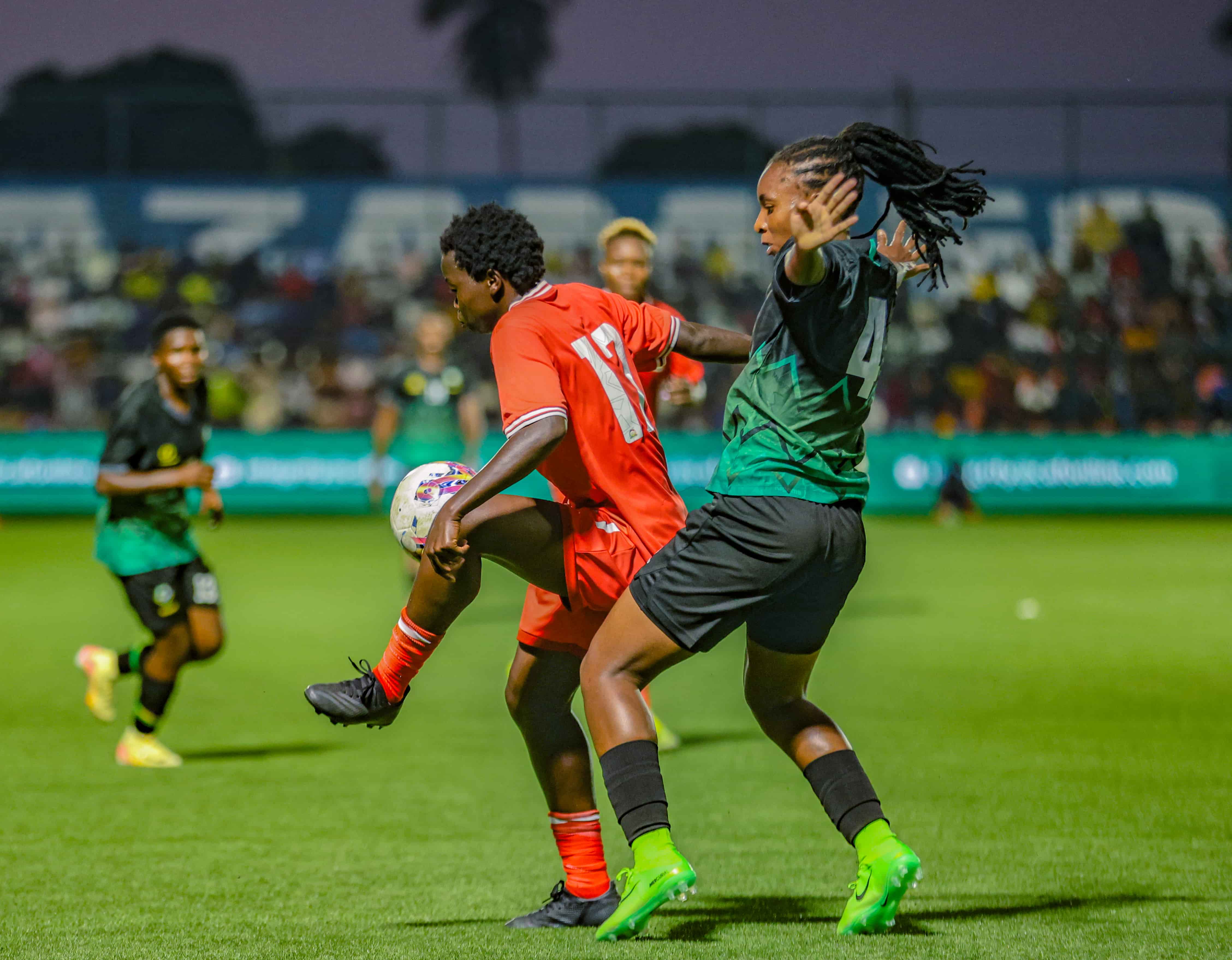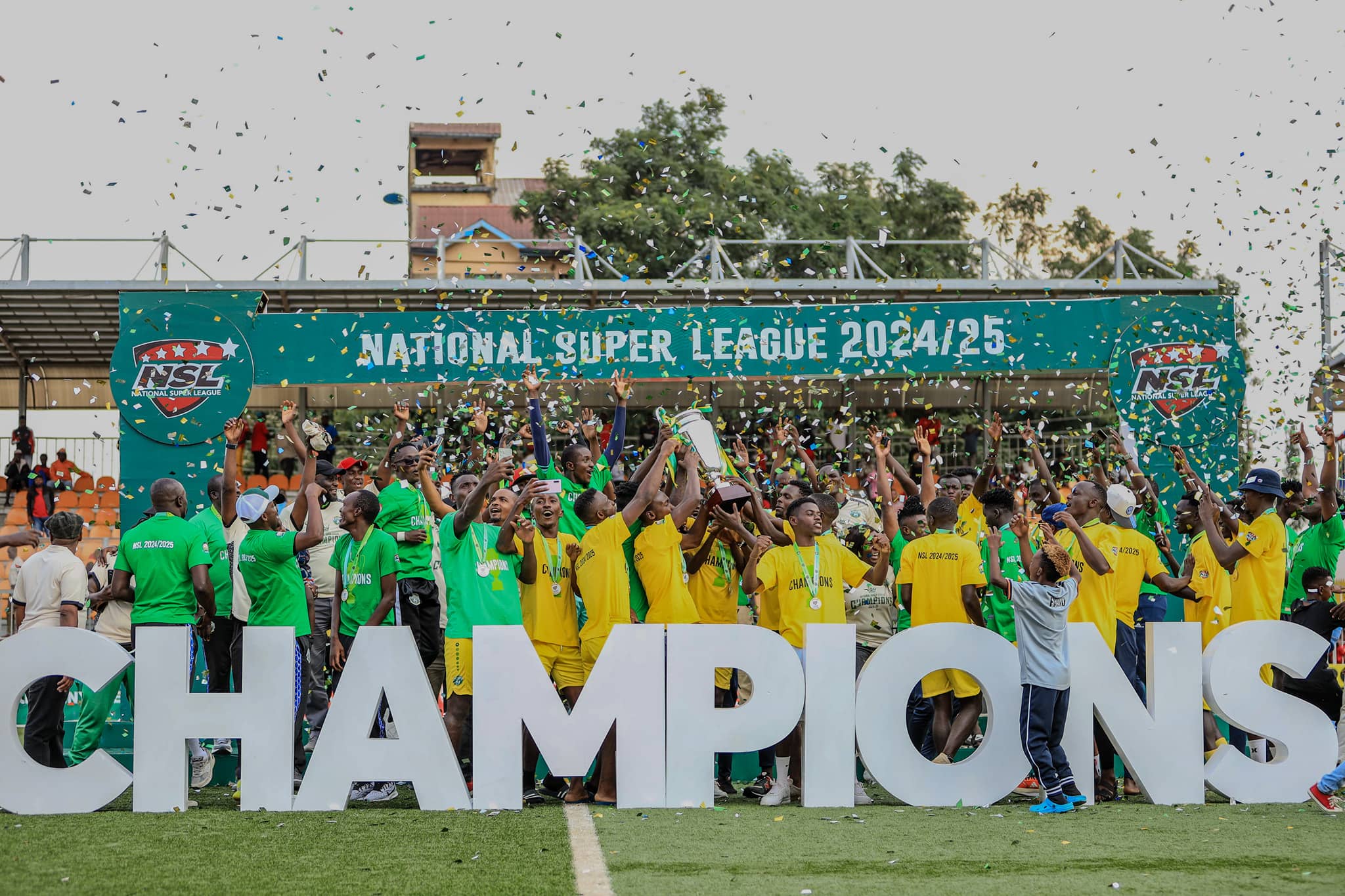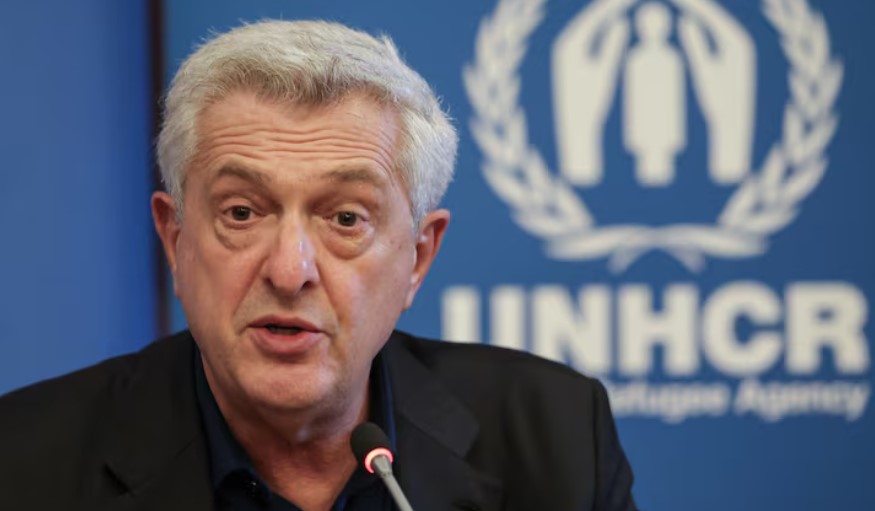DRC, Liberia elected as non-permanent members of UN Security Council

The two African nations will take up their roles in January 2026, serving a two-year term on the world’s most powerful decision-making body for peace and security.
The Democratic Republic of Congo (DRC) and Liberia have secured non-permanent seats on the United Nations Security Council following a vote held on Tuesday at the UN General Assembly.
The two African nations will take up their roles in January 2026, serving a two-year term on the world’s most powerful decision-making body for peace and security.
More To Read
- 17 bodies recovered after landslide at mining site in North Kivu, DRC
- Former Belgian official may face trial for role in Patrice Lumumba’s assassination
- At least 29 killed as unseasonal heavy rains devastate DRC capital Kinshasa
- Vatican beatifies Congolese customs officer killed for rejecting a bribe
- Behind rebel lines: My 72-hour journey with M23 through Goma
- DR Congo: Dozens dead as boat capsizes in Lake Tumba
The DRC received 183 votes out of 194, while Liberia garnered 181, surpassing the required two-thirds majority despite running unopposed. They will represent Africa on the Council, often referred to as the A3 group, replacing Mozambique and Sierra Leone, whose terms conclude in December 2025.
Alongside DRC and Liberia, Colombia (180 votes), Latvia (178), and Bahrain (186) were also elected to the 15-member body. These five incoming members will replace Algeria, Sierra Leone, South Korea, Guyana, and Slovenia.
The UN Security Council is the only body within the United Nations with the authority to issue legally binding resolutions, including the imposition of sanctions and the authorisation of military action.
It comprises five permanent members: the United Kingdom, China, France, Russia, and the United States — all of whom hold veto power, and ten non-permanent members elected for staggered two-year terms.
To maintain geographical balance, seats are distributed among regional blocs, and even in uncontested races, candidates must still win a two-thirds majority in the General Assembly to secure their seats.
The General Assembly also elected former German Foreign Minister Annalena Baerbock as President of the 193-member body for its 80th session, which is set to commence in September.
Top Stories Today
